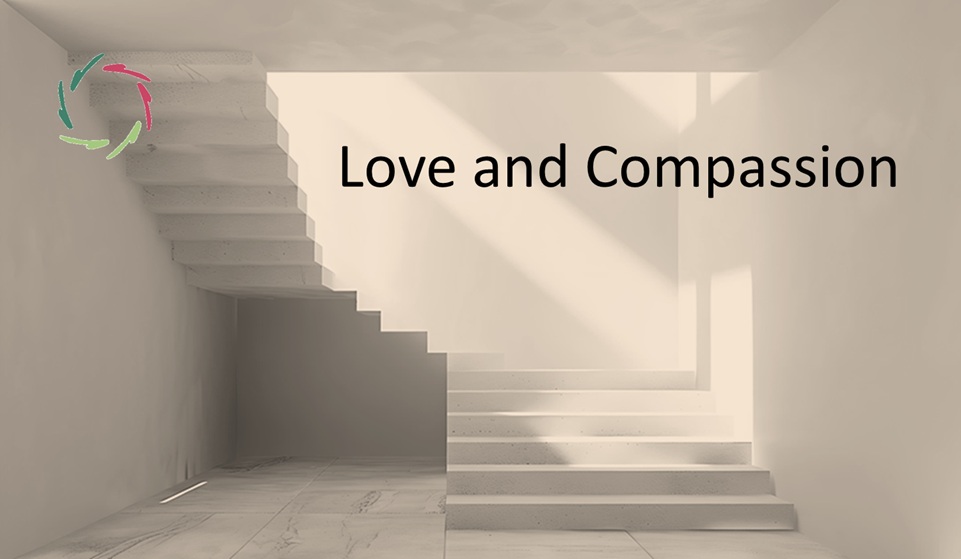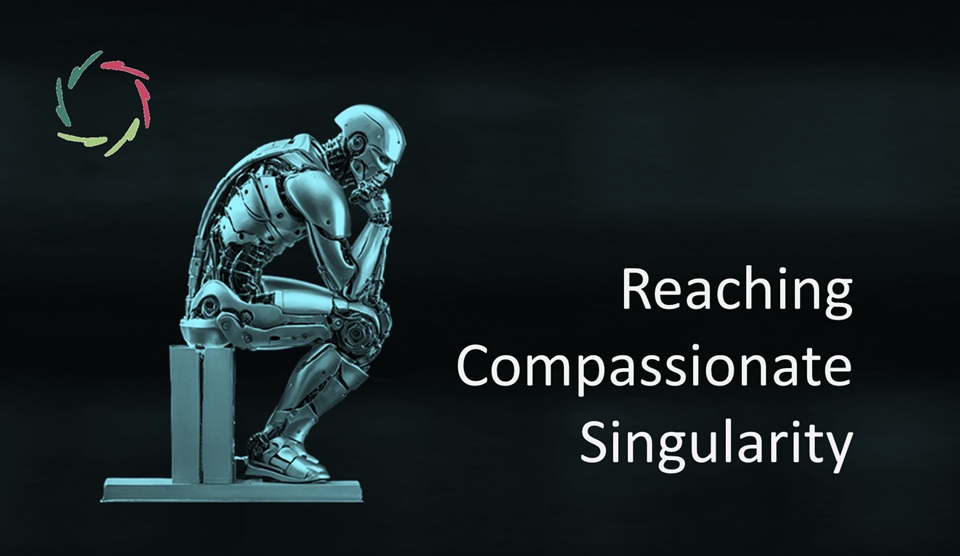When Weeping is Strength

I weep sometimes. Mostly, it has nothing to do with sadness. Also, as a strength, there is never any shame involved.
Scientifically
Scientifically, I see weeping as very broad mental patterns being touched in an emotional way.
Why, in our evolution, did tear glands lend themselves to the expression of such? Maybe it’s because we look each other in the eyes to search for emotions. A lot goes on in an around the eyes, even while we are only non-consciously aware of most of it.
Weeping is strength when it’s genuine
I’m not talking about weeping uncontrollably. Weeping can be dignified if it’s not hidden out of shame, nor exaggerated for the sake of some effect on others.
Weeping can only be a strength if you genuinely respect yourself while doing so.
That takes us to the question of what is genuine. In no case is weeping the result of just a conscious decision. There is non-conscious processing at the basis of any weeping. ‘Genuine’ is a characteristic of this non-conscious processing, related to depth. [see: “About Human Depth“]
In my view, a characteristic of this is that in the weeping, sadness and joy are deeply intermingled. One or the other may be the dominant emotion, especially in the conscious sphere. In-depth, there is never one single emotion clearly involved. It’s always complex.
Weeping is the result of complexity. May that be the reason why humans are the weeping species?
Genuine is your Inner Strength.
Genuine is you. The deeper you go, the more of your mental patterns are involved, the more it is genuinely you at play. Still, reaching your Inner Strength is not straightforward. Tears are not an instrument to this. You are required to let yourself be touched even if that poses some challenge of getting positively changed in the process. Growth is never easy and is never to be taken for granted.
It requires your Openness.
The more Openly you are involved, the more aligned you can be in your thinking, feeling, and action. Also, others feel this and can align with you. You become like a bunch of sticks together – unbreakable.
That’s the power of being genuine.
It’s a gift. It’s charisma. It binds people together. An Open Leader can weep and show his strength while doing so.
It’s manly. It’s womanly. It’s gentleness in strength. [see: “Gentle Strength“]
But try to superficially fake it and it will show and have the reverse effect.
Weeping without tears
Of course, it’s not about what happens at the outside. So, the outside can also show itself differently.
Different people, different ways of showing the same.
Strength is being able to stand up and take action when needed. This contrasts to when any emotion holds you from action that you deem ethically right, the ‘right thing to do.’
Tears or no tears.


